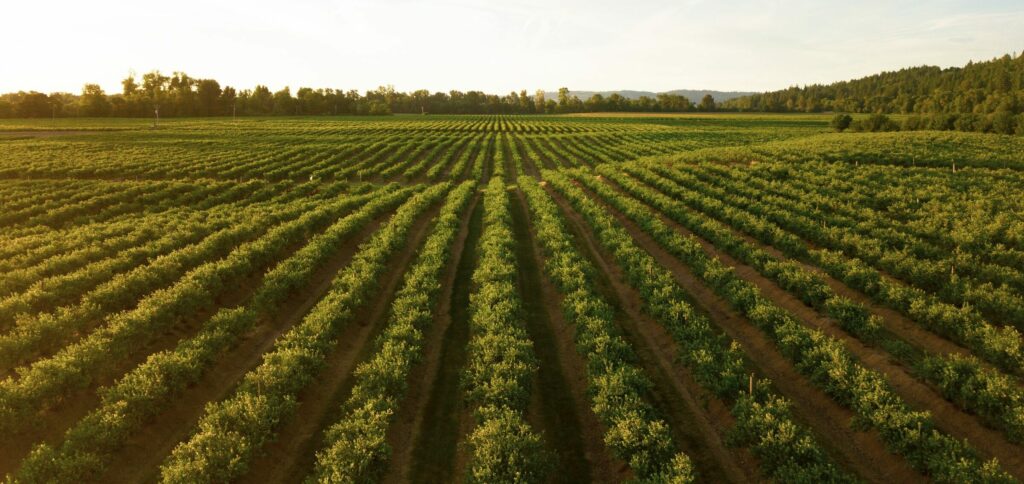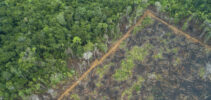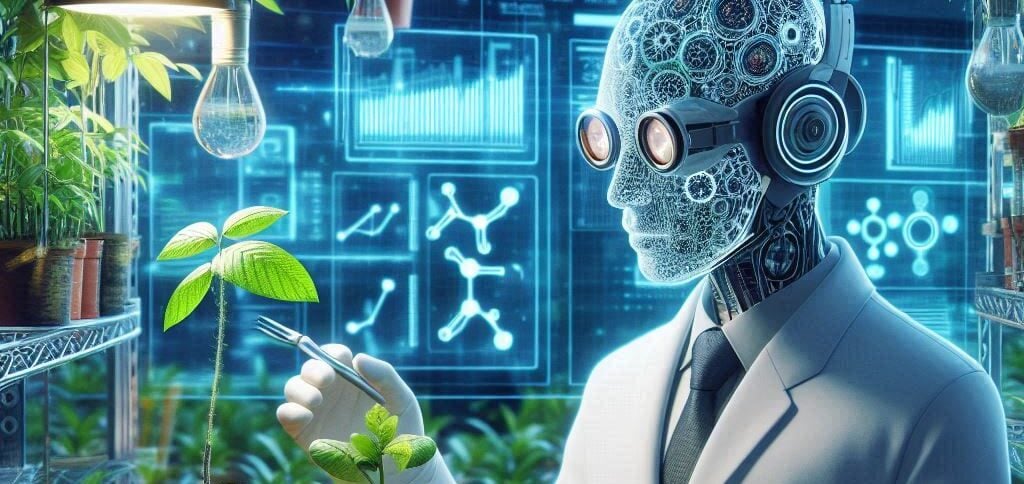🌾 Microplastics in agriculture contaminate the soil and threaten human health
A 29ª edition of Foresight Brief from UNEP (*) highlights how plastics used widely in agriculture are contaminating soil and potentially threatening food security. Microplastics are also impacting human health when transferred to people through the food chain.
ADVERTISING
Soil health, biodiversity and productivity
The agricultural sector uses plastic extensively as a coating for fertilizers, pesticides and seeds or as covering layers, where microplastics are intentionally added.
Over time, macroplastics decompose and their fragments less than 5 millimeters long penetrate the soil. The presence in this environment can alter the physical structure of the Earth and limit water retention.
Value chains
The situation can affect plants by reducing root growth and nutrient absorption. Chemical additives in plastics that leach into the soil can also impact food value chains and have implications for human health.
ADVERTISING
Even though they have been banned in some countries, microplastics continue to enter the water system through various other means: cigarette filters, tire components and synthetic fibers from clothing.
Plastic is cheap and easy
Experts say plastic is cheap and easy to work with, making it difficult to try to introduce alternatives. The appeal to governments is to discourage the use of plastics in agriculture, as has been the case in the European Union since the beginning of 2022.
According to UNEP study (*), more research is still needed to develop products that would include alternative fabrics that do not allow microplastics to escape into the soil.
ADVERTISING
🌱 “Green agriculture” is not a reality in Brazil, says study
Some companies in the rural productive sector claim to be “green agriculture” for adopting sustainable habits and focusing on combating the climate crisis, but a study – carried out by the non-governmental organization FASE in partnership with the Brazilian Agribusiness Observatory – revealed that agriculture only articulates itself to appear sustainable.
In the report, the responsible researchers break down the arguments used by companies, which have little or no control over supply chains. The study called “Agro is not green: how agribusiness articulates itself to appear sustainable” is the first in a series of publications that aim to outline the x-ray of agribusiness in Brazil.
The publication denies the false premise that Brazilian agriculture is the most sustainable in the world, analyzing the recurrence of terms related to the environmentalization discourse and the influence of the main Brazilian agribusiness organizations in the climate debate.
ADVERTISING
The document also answers the researchers: “what is the green discourse of agribusiness” and “who operates the green agribusiness lobby”. Check out!
👖 Renner launches collection using upcycling
Renner launched the collection Re Jeans, produced using the upcycling: made from reusing disused pieces or fabric samples.
In Brazil, the practice is new in fashion retail. The retailer is increasingly engaged in the cause and has partnered with Uruguayan design Agustina Comas, who is a reference in upcycling.
ADVERTISING
Renner states that 100% of jeans pieces already have some sustainability attribute. The new collection has 17 women's pieces, with shorts, pants, jacket, skirt, miniskirt and dress. Re Jeans pieces are being sold at E-commerce and in circular stores, located in Rio de Janeiro.
The brand's pieces that receive the Re seal are sustainable, the symbol means: Responsible Fashion.
Read also
O Curto Verde is a daily summary of what you need to know about the environment, sustainability and other topics linked to our survival and that of the planet.
(🚥): may require registration and/or signature
(🇬🇧): content in English
(*): content in other languages is translated by Google Tradutor






